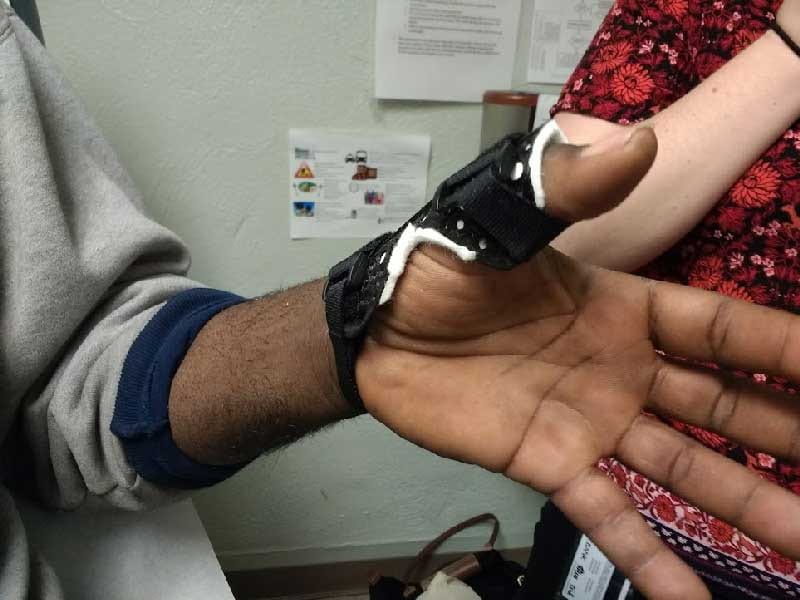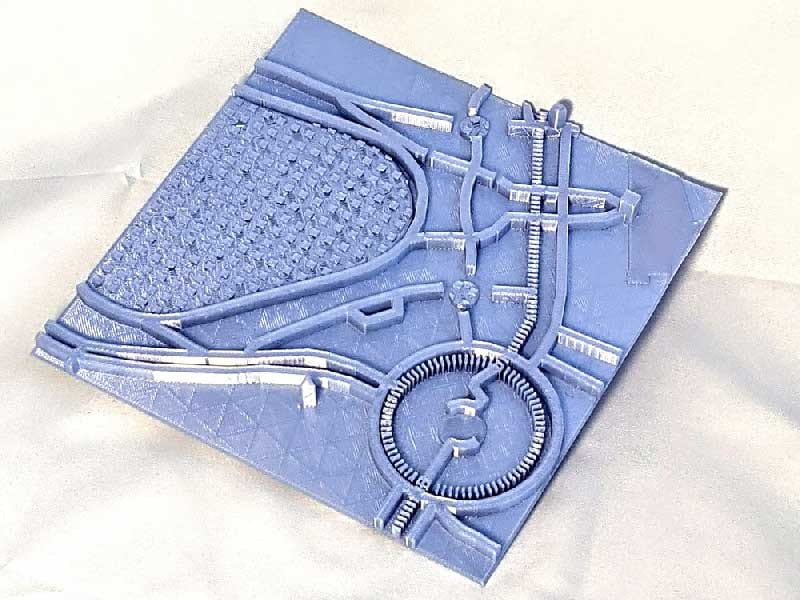Accessible Creative Technologies (ACT) Lab
The Northeastern ACT (Accessible Creative Technologies) Lab is run by Megan Hofmann, an Assistant Professor of Computer Science and Mechanical Engineering at Northeastern University.
Our research focus at the ACT Lab is to create digital fabrication technologies, such as design tools, 3D modeling tools, and generative design systems, that can be used to produce assistive technologies and medical devices. These tools are designed to be accessible to a wide variety of people with disabilities.
Some examples of tools developed by the ACT Lab include Maptimizer, a tool for generating customized tactile maps, OPTIMISM, a toolkit for building generative design tools using domain expertise, and KnitGIST, a generative design tool for automatic machine knitting.
In addition to our work on digital fabrication technologies, the ACT Lab also studies the use of fabrication technology in healthcare settings, also known as medical making. This research has led to a number of publications and efforts to manufacture personal protective equipment (PPE) during the COVID-19 pandemic.
Our Research

Medical Making

Design Tools for Non-Engineers

Design Tools for Automatic Machine Knitting
Access as Core Value
Our commitment to accessibility goes beyond our research. The ACT Lab is a supportive and welcoming space for its students, researchers, and collaborators. Leading with access increases our impact.
